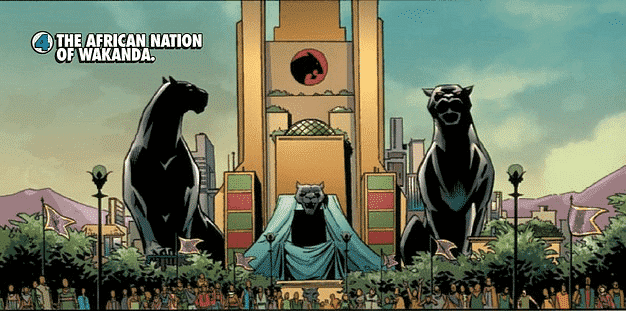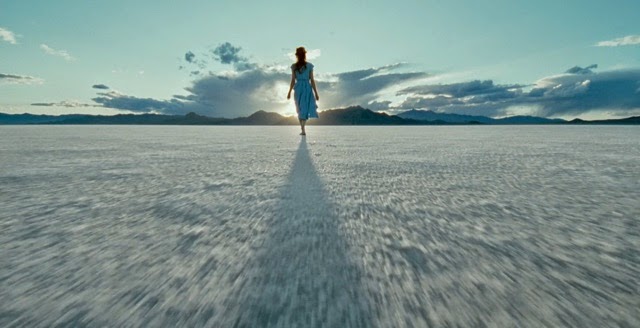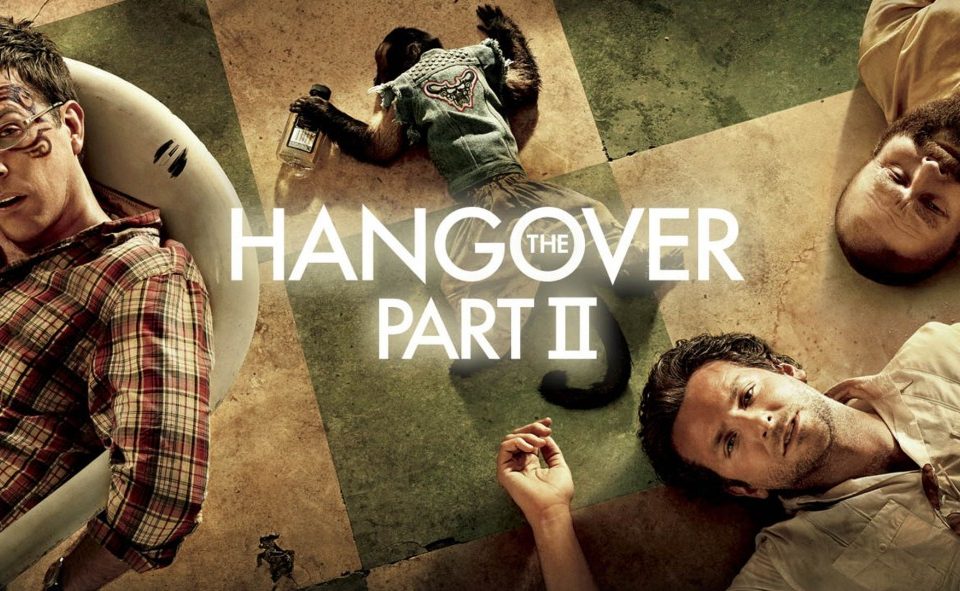
On the dopeness of Black Panther
February 27, 2018The Wakanda Myth
I’ve been reluctant to accept Black Panther as a shift away from the normal representations of African heritage on-screen because, in a lot of ways, it isn’t a departure from it. A good example is the character of Everett K. Ross, one of the two main Caucasian characters. In the film, he serves as an introduction character, as Wolverine did in X-Men (Bryan Singer, 2000) and Neo did in The Matrix (The Wachowski Brothers, 1999). They serve to present the world-building elements of the film’s creators. But there’s been a pattern of including Caucasian characters in Black narratives in Hollywood, a figure “most moviegoers could identify with.” This is the case in The Last King of Scotland (Kevin Macdonald, 2006), although the Dr. Nicholas Garrigan character isn’t depicted as a saviour and is changed by his experience in Africa. In Blood Diamond (Edward Zwick, 2006) and The Power of One (John G. Avildsen, 1992), for example, the two principal characters are Caucasian saviours and we experience Africa through their efforts to save it. Black Panther doesn’t deviate from this trend as Ross is both an introduction character and a saviour for Wakanda.

Writer Christopher Priest also used Ross as an introduction character when he added him to the Black Panther mythos. The Ross character in the film is problematic for me: he reads as a saviour-type of the Wakandan people while the main villain is Black. This is a mainstay of Hollywood films: depicting black-on-black violence and Caucasian characters as innocent witnesses. It evokes the slavery narrative that African tribes were selling off other tribes to White traders, as if the traders barely had to exert any efforts to acquire slaves, as if they passively profited from the violence. Choosing Killmonger as a villain and Ross as a hero, the clash of these representations isn’t to the film’s advantage. Plus, Ross is a CIA agent, an organization through which the US government has constantly destabilized foreign countries to insure their international interests. This is consistently shown in other Black films like Sembenes Xala (1975) where a shadowy figure bribes government officials. In filmmaker Raoul Pecks Lumumba (2000), the shadowy figure is indirectly responsible for Lumumba’s fate. Growing up in Haiti, it was common knowledge that the big political actors in the country were on the CIA’s payroll. The Ross character is used to elicit sympathy for an organization that has destroyed entire countries. It would make more sense if the Killmonger character was a CIA asset and was sicced on Wakanda. Killing Klaw (I prefer the original spelling) halfway through the film goes against the idea of a canvas because the figure of the White Devil is important in Black narratives. It reminds us of the slave trade and how it began, but also of imperialist action since then.
Wakanda as a technologically advanced African country is a difficult conceit. Do we need this idealized African country (like Zamunda with guns and technology)? Does it mean that the more idealized Wakanda is, the worst African heritage countries are today? Is Wakanda what we aspire to be? The (short) aerial shots inside the country show what an African country would be like with more technological development, instead of mirroring North American or European cities. Yet, there are no clear examples of a vibrant society: no philosophy, no intellectuals, no new artistic ideas. Wakanda is ruled by traditions which go unchallenged, save a conqueror and a spy. To rule Wakanda is to exert physical dominance through arms and with muscle. The stronger you are, the better the protector, it seems. Although women have a prominent role, we’re never meant to believe that they can rule Wakanda. Shuri for example cannot take the heart-shaped herb and become the Black Panther. Wakanda’s power stems from technological advances built around a fluke celestial event. Yet, have they developed the maturity for those technological advances and managing them? Why have they created offensive weapons instead of defensive ones? Isn’t using a network of spies around the world a manifestation of Wakandas imperialist power? We can’t measure a society’s civilization by its technological and economic prowess without looking at its intellectual thought.
Instead of seeing Wakanda as an ideal version of an African country, I choose to see it as a reflexion of African heritage, of the rich African history and the continent’s contribution to the world. It is also a reflexion of the untapped potential of people of African descent and what resources and culture they bring to their countries as well as others around the world. There is no need for us to aspire to Wakanda because all it embodies already exists and only needs to be harnessed. It builds a more positive narrative around Africa: in most Hollywood films about the continent, the consensus for its inhabitants is to leave as quickly as possible. This is the case in Blood Diamond where the main Black character desires to leave the continent for Europe. This narrative perpetuates the assumption that African countries are “shithole countries”, as the President of the United States stated. Wakanda does away with this assumption, fostering instead a movement back to African roots, as the movie Sugar Cane Alley (Euzhan Palcy, 1983) fosters from the perspective of displaced slaves.
Black Panther’s discourse isn’t in its narrative or its comic book roots, but in the film’s details: the use of different African traditions; the costume and art design; the importance of music throughout. The film’s trajectory itself is revolutionary: contrary to popular belief, Black-led movies have been successful, most notably action films like Bad Boys (Michael Bay, 1995) or comedies like Coming to America (John Landis, 1988). With Black Panther’s international reach and more than a billion dollars at the international box office, the movie’s revolution can come from a new openness from studio executives and moviegoers for more diversity in Hollywood filmmaking, in front and behind the camera, a diversity which can include African heritage stories told from distinct points of view.
Reference
[1] Sacks, Ethan: The unsung heroes: Blade & Co. help to close racial divide, March 19, 2002.
- Black Panther: A Perspective - March 20, 2018
- Seven Pounds (Gabriele Muccino, 2008) - May 5, 2015
- Honeymoon (Leigh Janiak, 2014) - January 30, 2015


